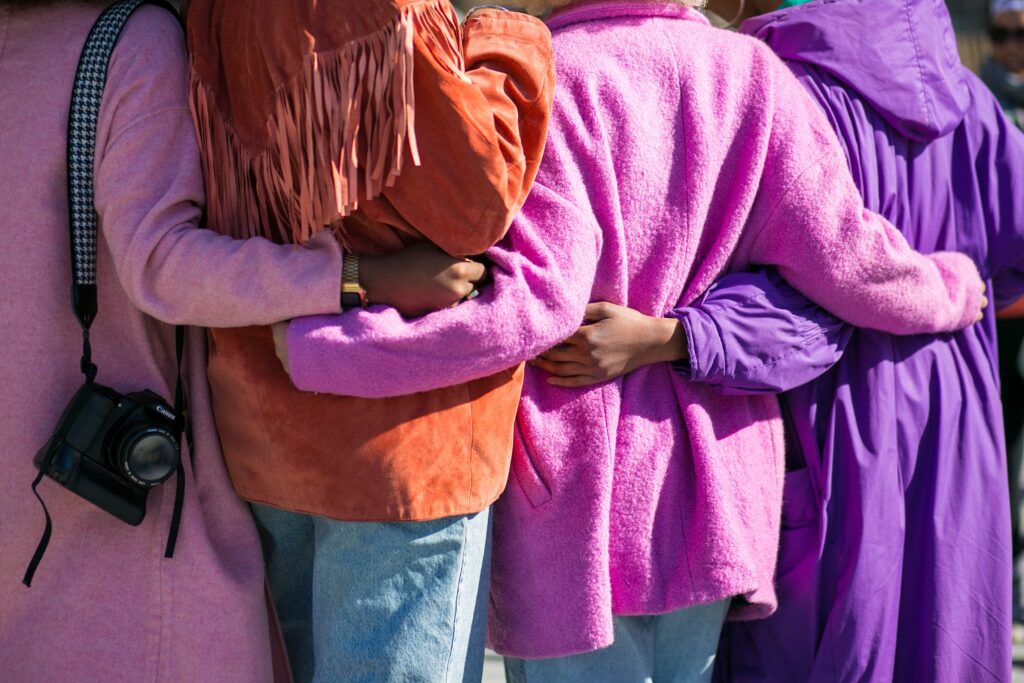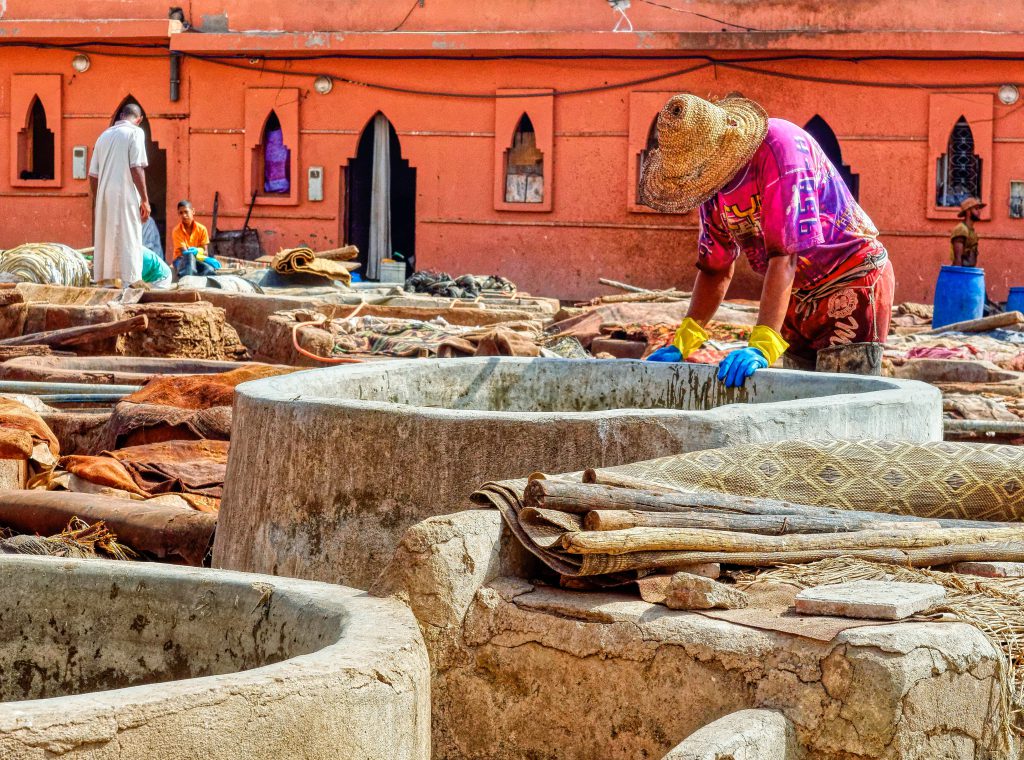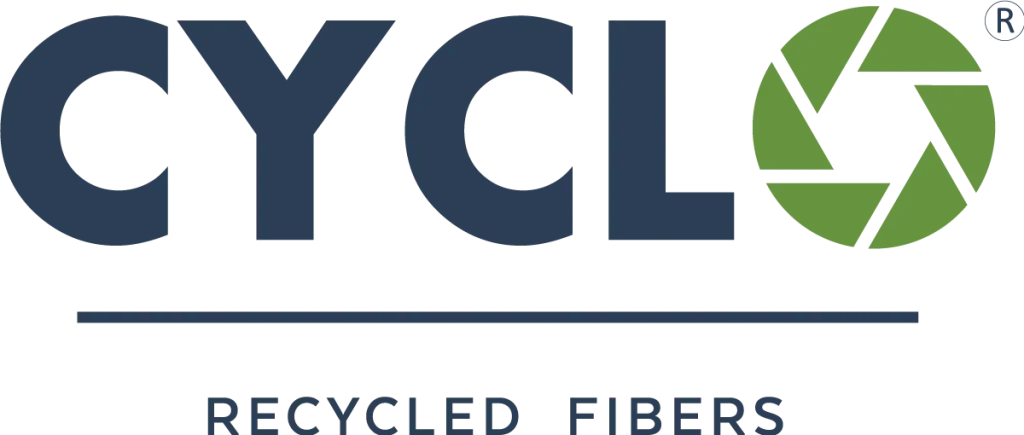A Trusted Space for Candid Dialogue
Cascale is more than just another industry body; we are a coalition of diverse interests. We seek to create a trusted space for candid dialogue, where disagreements and challenges are not roadblocks but catalysts for transformative action. Trust is hard to earn and easy to lose, but it’s through this trust that we effect meaningful change.
A Global Community for Co-Created Solutions
Join an expansive network that spans over 30 countries, uniting retailers, manufacturers, policymakers, and NGOs. We are the meeting point for the industry to collaboratively address urgent social and environmental challenges, co-creating solutions that can be scaled across an industry where every voice is heard.
Shared Learning for Exponential Impact
Within Cascale, you gain an unparalleled opportunity to share and learn best practices from thought leaders and experts. We don’t just improve individual companies; we catalyze industry-wide transformation, turning sustainability from a choice into an imperative.


















